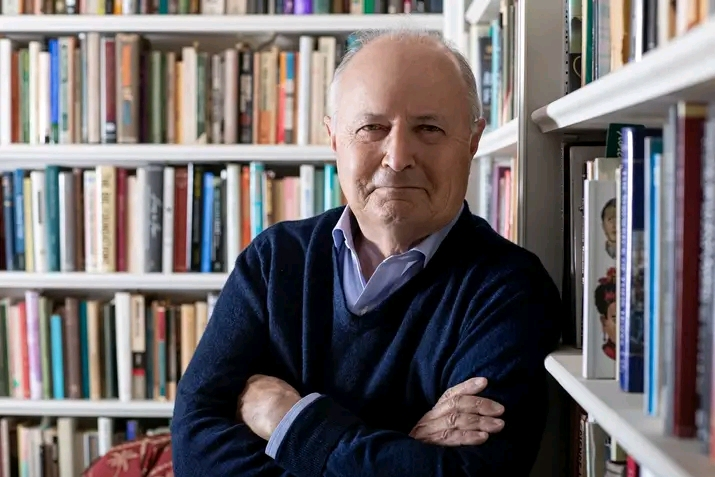Stephen P. Turner

Stephen P. Turner
Distinguished University Professor, University of South Florida
Stephen P. Turner is Distinguished University Professor of Philosophy at the University of South Florida. He has written extensively on expertise and politics, including such books as Liberal Democracy 3.0: Civil Society in an Age of Experts (Sage 2003), and many articles on the patronage of science, expertise and bureaucracy, the legitimation of expertise, and expertise in the context of the larger problem of the relationship between the distribution of knowledge in society and the distributions of wealth and power. Several of these writings have recently been collected in The Politics of Expertise (Routledge 2014). His writings include discussions of a wide range of topics, including geological surveys in the nineteenth century, water policy in the arid lands of the Western United States, cholera, the Chinese exam system and bureaucracy, the “expertise” of the Communist party in Eastern Europe, the Columbia Shuttle disaster, social reformism and its claims to expertise, the turn from public edification to expert knowledge claims in American sociology in mid-century, and expertise in the European Community. Most recently, he has published a discussion of expert claims and their conflict with lived experience in the case of hysterectomies with Oophorectomy, in the Sociological Review Monograph “Sociologies of moderation: problems of democracy, expertise and the media”
THE GLOBAL VOICES AT THE GHANA CENTRE FOR CHINA STUDIES
On July 31, 2025 Stephen P. Turner, Distinguished University Professor of Philosophy at the University of South Florida shared with the Ghana Centre for China Studies his perspective on U.S.-China relations.
The US is suffering from deindustrialization as a result of buying so many goods and so much technology from China. So an elite prospers at the expense of ordinary workers who have no opportunities in industry in the US. As they understand this, they rebel against the elite and accept tariffs.
Can they co-operate more productively. The two systems operate in totally different ways- the Chinese is more long term and uninterested in individuals having the change to pursue their own ends. In a way it is a familiar contest like Athens and Sparta. But this time the rise of technology and the ability to create social cohesion favors the Chinese model. But it is deeply rooted in a culture that cannot be expected or copied.
Production credits: This publication is produced by the Ghana Centre for China Studies,
Africa’s preeminent and most comprehensive platform exclusively dedicated to authoritative
interpretation of China’s domestic and foreign policies.
At the Ghana Centre for China Studies we eschew specific policy positions. All positions and
opinions expressed in this publication are solely those of the author (s).